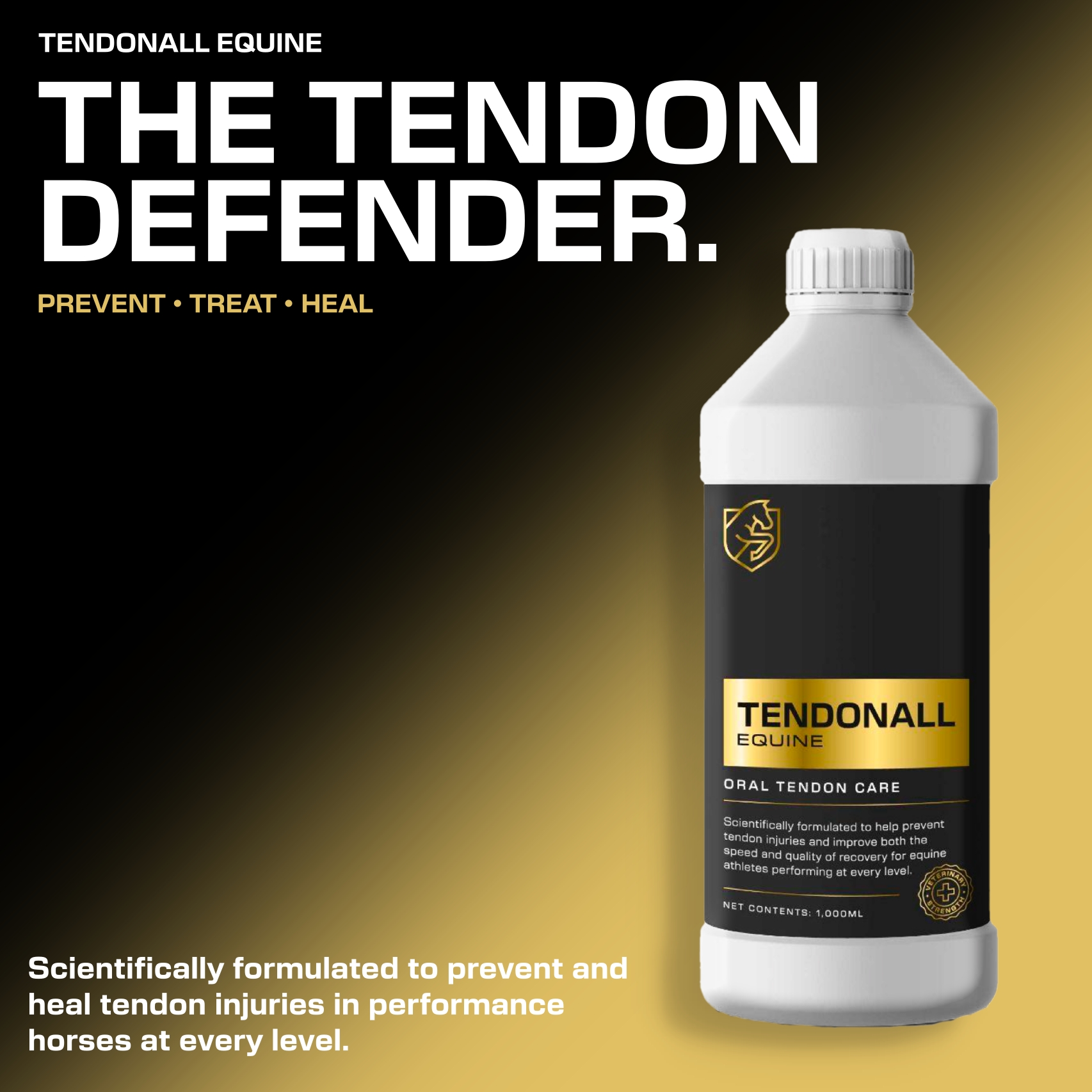Your equestrian body protector is a foundation piece of safety equipment as an eventer and is the fabulous choice for equestrians of all disciplines. How do you know if your body protector is an optimal fit to provide the necessary protection? How should you care for it? And more importantly, how do you know it’s time to replace it?
Fit
Your body protector will either have closures on the sides made of laces or Velcro. Ideally we want for vest to be adjusted to the middle of the closures so that there’s room for adjustment depending on clothing choices, weight fluctuations, etc.
The anchor point for a body protector is across the chest, so this is where it should be most snug, but it should also fit snuggly below the last rib to prevent the vest from riding up. You also want to ensure that there is ample room for movement of the arm and that the vest doesn’t ride into the armpit.
The vest should come 1-2 finger widths below the last rib on the front of the body and the back reaches to the approximate SI joint. Ideal back length is one hand width from the bottom of the vest to the base of the saddle. Some riders prefer their vest to be slightly longer while others prefer shorter depending on the activity they’re engaging in. For example, a 5* Event rider might opt for a shorter vest, given that they are jumping extreme down banks and dropping into big water, so as to not get caught on the back of the saddle during these efforts.
Your vest shouldn’t gap at the shoulder and some vests offer shoulder adjustability to help prevent this.
Care
You want to make sure your taking good care of your body protector so it can do its job!
Keep your vest clean and fresh by regularly spot cleaning and deodorizing it. Never put your vest in the washing machine. Store it in a dry, temperature controlled environment. If you put your damp, sweaty vest in your trailer or tack trunk, yucky stuff will begin to grow on it – more on that later.
Regularly check the condition of your vest’s foam. When you squeeze it, it should bounce back to its regular form. There shouldn’t be any permanent unevenness or divots – this could indicate that the foam has been compromised.
Also check your zippers and closures. The last thing you want is a zipper failure or a lace breakage when you’re out galloping around!
Replacement
Generally, we say that vests have a life span of 3-5 years, just like your helmet. If you are riding in it just a few times a week and you have taken great care of it, you’ll likely be more towards the 5 year mark. But if you ride multiple horses a day several days a week, then you might need to replace more frequently.
If your vest hasn’t been well taken care of or if it’s super stinky (note above regarding sweat and storage), chances are that bacteria has invaded the foam and has compromised it’s efficacy. Certainly if you see issues with your closures, or visible damage to foam, you should replace it.
We all want our equipment to last as long as possible, but we only have one body, so we should take care of the equipment that protects it, and replace it when it’s no longer up to the job.
Ride EquiSafe, is thrilled to announce their first annual Safe in the Saddle week! From August 4-10, they’ll be sharing important safety content to help you stay safe while you’re doing what you love.
Wondering how to check for the fit of your equipment like helmets, body protectors and air vests? They’ll have you covered! What about taking care of your equipment to keep it in tip top shape? And when should you replace it? (Duct tape does not count as maintenance!)
Ride EquiSafe is passionate about staying safe and stylish in the saddle, which is why they carry the broadest selection of safety equipment in North America. And here’s the best part: This is your opportunity to get fully outfitted in the latest safety gear – at a discount! All purchases of safety equipment will be eligible for a 10% discount AND cash back on a gift card valued at another 10% of your overall order value. Buying an air vest? You’ll also get a free canister with your order!











